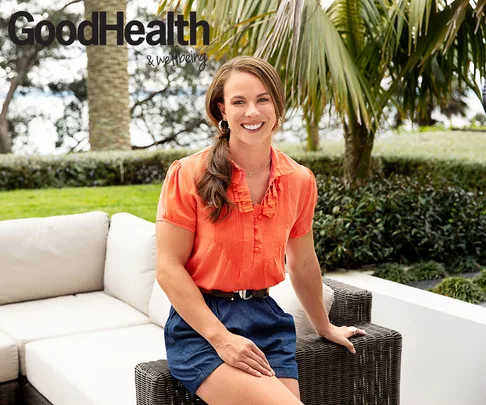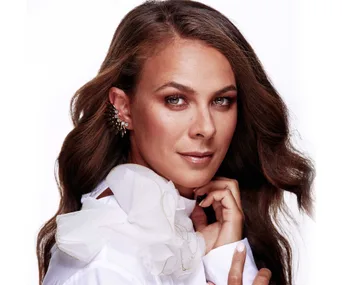The rain might be lashing at the windows and the wind whistling but at 6am every morning Lisa Carrington is awake and ready to go.
After fuelling up with a quick bowl of muesli or a couple of pieces of toast, it is time for her first stint on the water. The champion kayaker trains daily on Lake Pupuke, near her home on Auckland’s North Shore, and it has to be terrible weather for her to consider missing a session and staying indoors.
It’s all part of the job when you’re a gold medal-winning athlete, says Lisa. “Maybe that’s what makes us good at what we do because we get up in whatever weather – windy, rainy, cold – and do the work. The only way I’m not going to get on the water is if it’s not paddle-able – if there are waves on the lake instead of it being flat.”
Almost every part of Lisa’s life is dedicated to one simple goal – making that kayak go faster. Her focus is extraordinary and has paid off so far. At the recent world championships in Portugal, she powered her way to three silvers and a gold, and now her sights are firmly set on the Tokyo Olympics in 2020 where she’s aiming to add to her gold medal haul.
Between now and then there will be a lot of early mornings alone in her kayak out on the lake. How intensely Lisa trains depends on whether she is preparing for a competition, then when she gets home it’s generally time for a second breakfast – more substantial this time, like porridge or eggs.
Later in the afternoon there will be a second session in the kayak and, three times a week, she hits the gym. “I do lots of strength work,” she says. “Pretty much all my cardio is done on the water, although we do mix in a little cycling or running to give my body a rest from it. And then I’ll also fit in some Pilates – a one-on-one session with some really challenging core and stability exercises.”
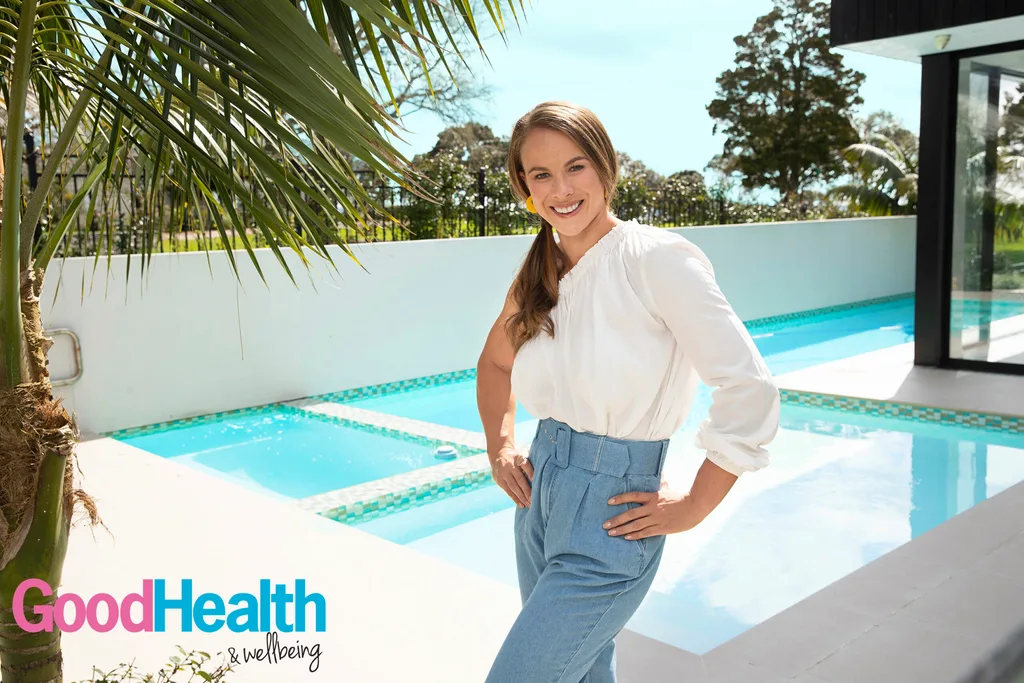
Finding a healthy balanace
Fuelling that level of activity is a mission, admits Lisa. “The effort that goes into preparing meals and eating right is probably the hardest part. It takes so much time and energy. So it’s really good to have options where you can go and easily pick up something you know is going to be nutritious.”
One of her sponsors is Pita Pit and conveniently there’s an outlet on her way home from the gym, so very often that’s Lisa’s lunch taken care of. “Generally I focus on eating really good quality food,” she says.
“Protein is important, a colourful plate with lots of vegetables and carbohydrates. But I do have lots of treats too. I don’t deprive myself of things I want. Chocolate, ice cream… I’m a huge fan of caramel popcorn.”
She will even enjoy a glass of wine with dinner, every now and then. “I’m not a big drinker and wouldn’t have a lot in a month or over a year, but when it’s good quality wine and paired really well with food, you’ve got to make the most of it,” she admits.
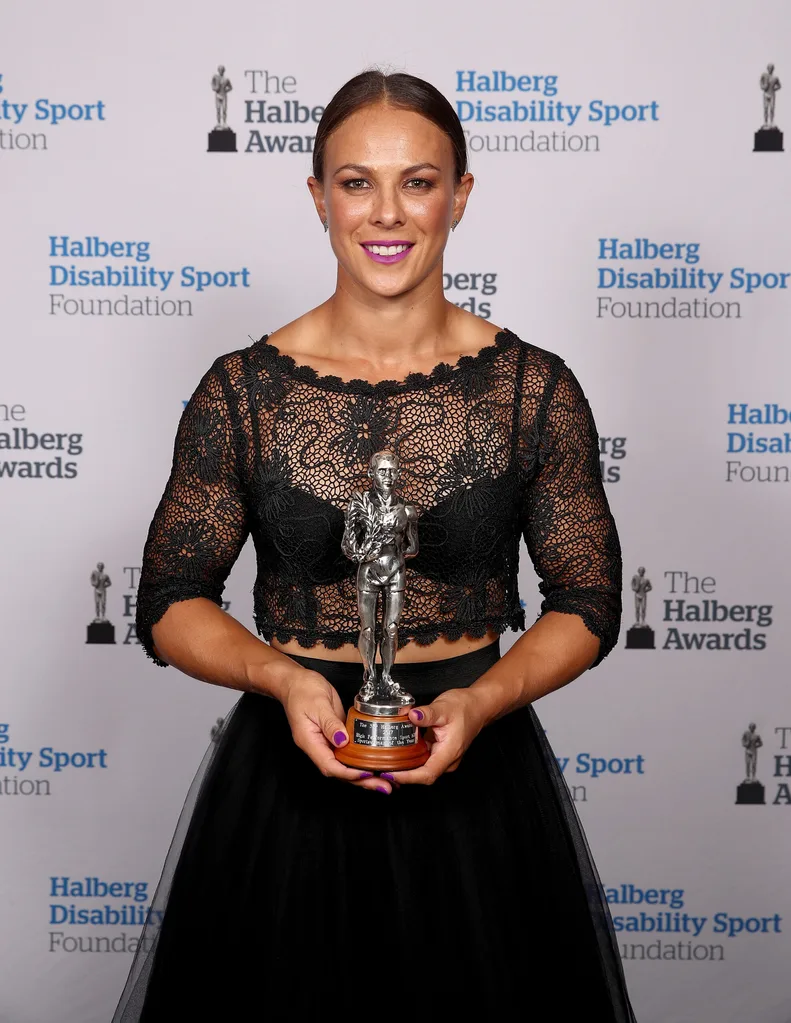
Lisa won the 2017 Supreme Halberg Award
Lisa has always been pretty health conscious. Growing up in the coastal Bay of Plenty township of Ohope she played lots of netball and was in her element on the beach and in the sea.
Still, making the transition from sporty kid to elite athlete was tough. “High-performance training was really difficult for me in the early days,” recalls Lisa, who admits she spent quite a bit of her early twenties feeling exhausted.
“I would need to nap for an hour or two. As I’ve got older I don’t have to do that as much, but if I’m incredibly tired and need to be able to perform or go to an event, I can shut
my eyes for 15 minutes and have a power nap. I’m pretty good at those.”
Sleep is one of Lisa’s secret weapons and she aims for eight to nine hours a night. “I go to bed between 9pm and 10pm. I’ll have the odd night that’s a bit later because I’ve been out at a friend’s house for dinner and enjoying myself, but it’s when you have multiple late nights that it really affects you. Being a sportsperson you notice big differences from not sleeping enough or eating poorly. I notice it hugely in my performance – I don’t train as well.”
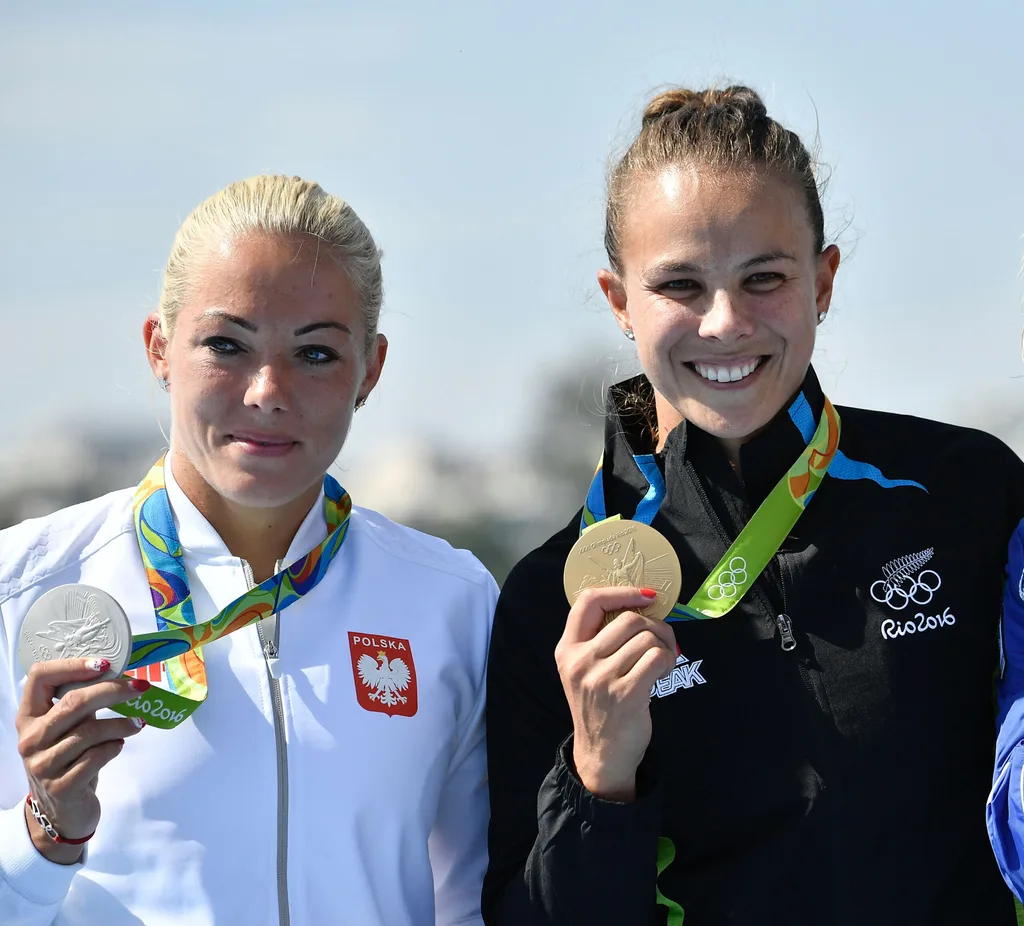
Don’t underestimate the importance of rest
Simply resting and giving her body time to recover is also crucial. After the recent world championships, Lisa took four weeks off and didn’t exercise at all.
Mooching around doing nothing is important both for her mental as well as physical health and she likes to unwind at home with friends and her long-time partner Michael Buck, who works in banking.
On Sundays there is a break from paddling and she gets to have a lie-in, but usually manages to stay in bed only for an extra hour or so. “I’m a morning person so I need
to get up,” she says.
Proper recovery has helped her avoid serious injury so far. If she does have a minor niggle, Lisa never ignores it and regular physiotherapy is a key part of her regime, with two to three sessions a week to make sure her body is in the best possible condition.
“I’m quite high maintenance,” she laughs. “But given the amount of training I do it’s important to do a lot of preventative work. If you don’t look after yourself you’re going to fall over. The longer I’ve been doing this, the more I can tell if my body isn’t performing the way it should. I know what I want to feel like when I paddle. So if my muscles feel tight or my core isn’t engaging the way it should be, I notice.”
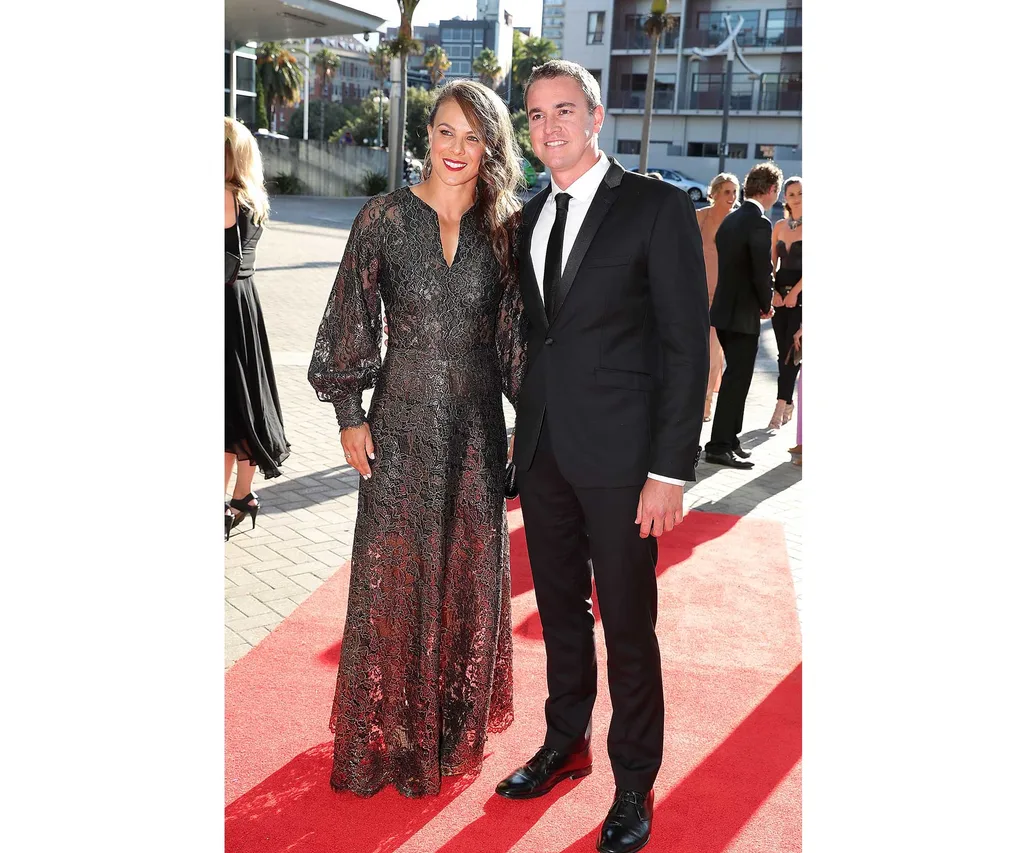
Focusing on the future
Professional sport tends to be a short-term career and, at 29, Lisa knows there is a limit to how long she can continue at this level. But when she does climb out of her kayak for the final time she wants to be sure she is fit and healthy enough to tackle whatever challenges she takes on next.
“That’s why it’s really important to look after myself,” she says. “It helps right now, but it will also help when I finish because I won’t have smashed my body so hard.”
Currently halfway through studying for a post-graduate diploma in psychology, the two-time Olympic gold medal winner is preparing for life after elite competition, although she isn’t entirely certain when that will be.
“I’d like to be a teacher or coach; a mentor helping other people develop. That’s where I want to head to,” she reveals. “I guess the general goal is just to do the things I love and do them well.”
For now it is back out on that lake and into training, building fitness and stamina, and working towards that next big Olympic goal.
“Focusing on being the best I can be,” says Lisa.
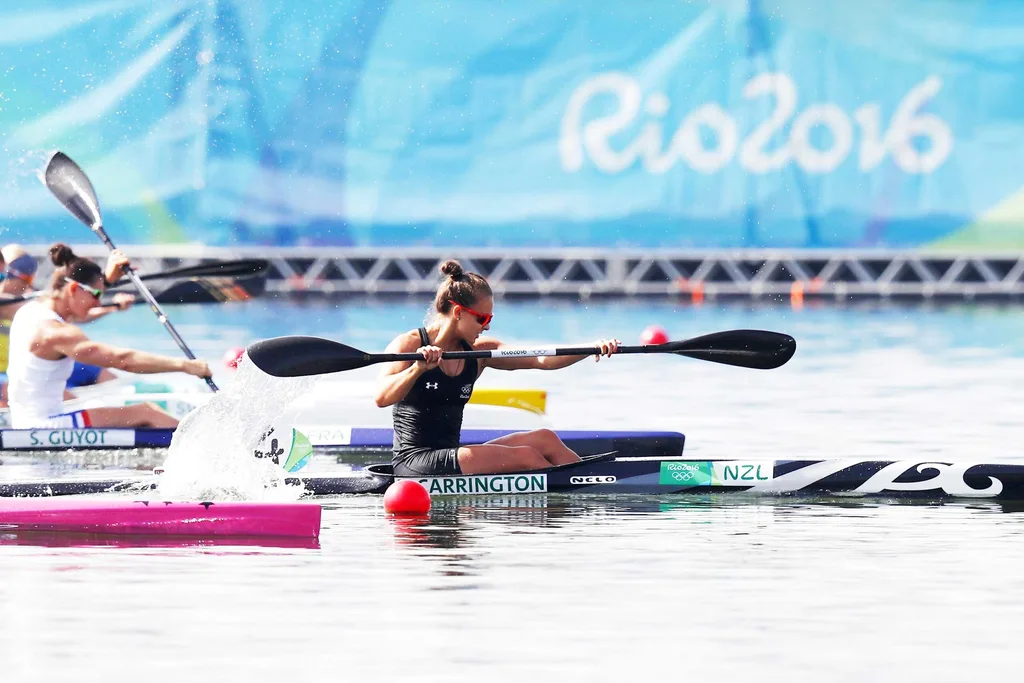
Lisa’s top tips for BeingWell
Lisa is Southern Cross Health Society’s BeingWell Ambassador supporting their mission to help Kiwi workplaces with employee wellbeing. She says, “Not only do they aim to be there to give people access to treatment they need, when they need it; they are working hard to help Kiwis be well and stay well.”
Here she shares her advice for creating healthy habits.
Think well – Switch on and switch off. Mindfulness and meditation are great tools to achieve this.
Move well – Incorporate physical activity into your social life. When catching up with friends choose something active, like a bush walk, stand up paddle boarding or a trip to the beach rather than a dinner out.
Eat well – Digestive health: focus on fibre, vegetables, apple cider vinegar – make sure you get what you need regularly.
Sleep well – Develop a regular routine before sleep. It may include a bath, brushing your teeth, reading, doing a crossword, praying or focusing on things you’re grateful for.
